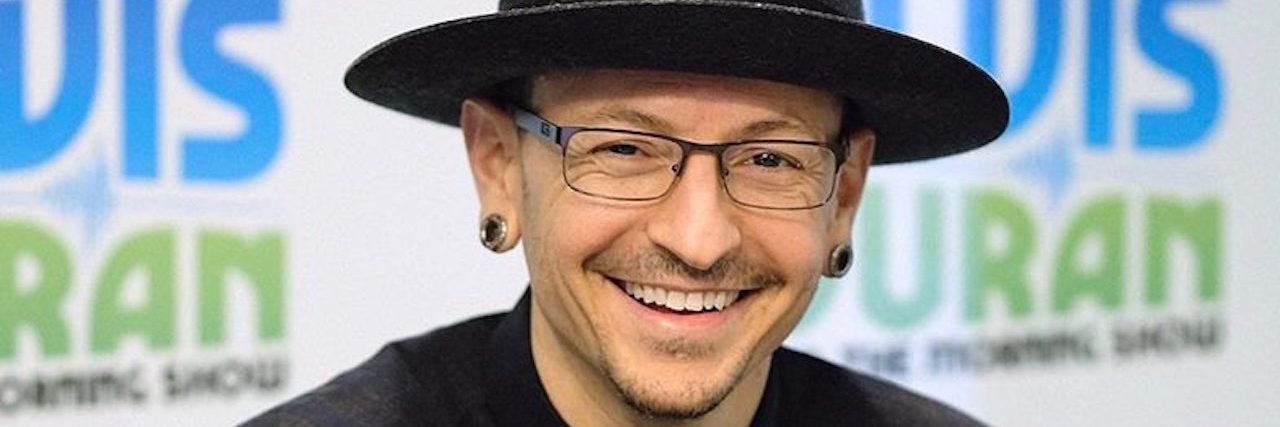Editor’s note: If you experience suicidal thoughts or have lost someone to suicide, the following post could be potentially triggering. You can contact the Crisis Text Line by texting “START” to 741-741.
I’m almost 31 years old. Linkin Park — whether you liked them or not — were a huge part of my generation’s music. I knew a few songs. I knew the name. But I wasn’t a huge fan. I liked what I knew — but I didn’t know that much. News of Chester Bennington’s death reached me at the wrong time. I was in the middle of a many month battle against a terrible depressive relapse — and intense suicidal feelings. Luckily I had just started therapy (after 13 years of medication) and had also just started yet another new medication which held some promise of helping. But it wasn’t enough.
Despite The Mighty making sure not to present his method of suicide, many others did. I found myself adding to my list of “How I’d do it” and my brain started churning. I talked to people — friends, psychiatrist, former pastor, different people —but I never flat out said I had the means of ending my life lined up and waiting. Only now, it was even more concrete.
My psychiatrist was leaving for vacation, and I didn’t know my therapist well enough to bother him. Friends didn’t know how severely suicidal I was, so they were of no help by my own doing. There was no one I could tell. No one I could beg. Nothing.
I knew I was in trouble because I wasn’t worried about wiping my computer hard drive or being dressed “right.” I was becoming impulsive. And the wine wasn’t helping. I cried. I listened to Linkin Park and I cried. I didn’t want him to be dead, because it meant another strong person was gone. So how could I possibly ever be strong enough myself?
I had to stop listening to the music and reading the news reports. I avoided all mentions of mental health in general. I did any and everything possible to keep my mind occupied and in the end, I went to sleep early because I couldn’t safely stay awake any longer. And you know what? That’s OK. It doesn’t make me a bad person or a weak person. It just makes me human.
We avoid talking about these kinds of repercussions when someone dies by suicide — or at least we limit it to when it’s someone close, like a family member or friend. But what about a total stranger? How do you explain — despite never having met the man — that his music touched lives, and his death has, too? The “domino effect” of suicide is very real. And it does not have to be someone close to have an impact.
Sadly, many people related to Chester’s difficult childhood, struggles with addiction and mental illness. And many people relate to his desire to end his pain. For all those who feel like the don’t deserve to relate to him — you’re wrong. It’s not about who he was. It’s not about how well you knew him. It’s about you, and the pain and hopelessness it can cause inside when something like this happens.
Times like this, it is important to talk openly about these things and give people permission to reach out when they need to. Because no one should ever have to be in pain alone.
If you or someone you know needs help, visit our suicide prevention resources page.
If you need support right now, call the National Suicide Prevention Lifeline at 1-800-273-8255 or text “START” to 741-741.
We want to hear your story. Become a Mighty contributor here.
Photo via Linkin Park Facebook page.

